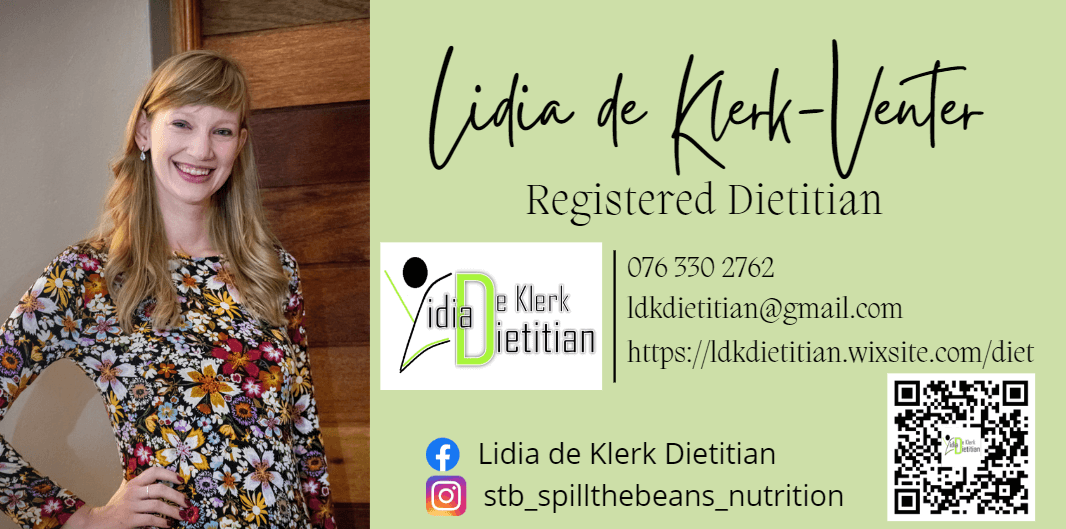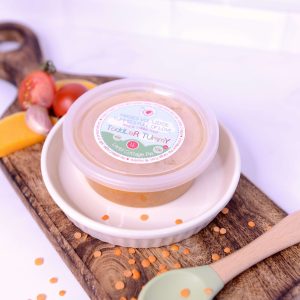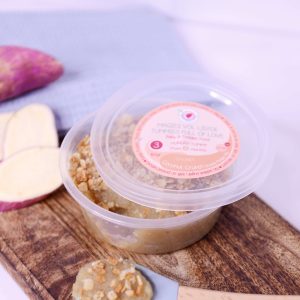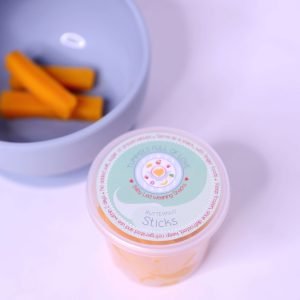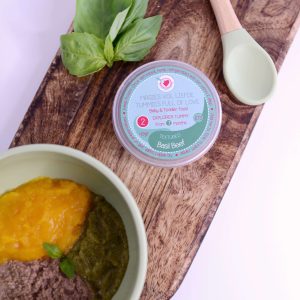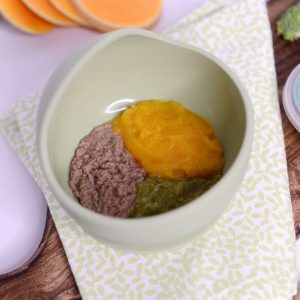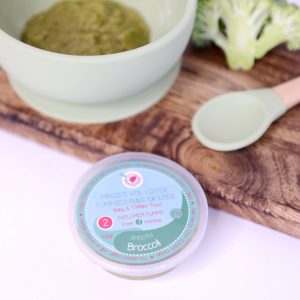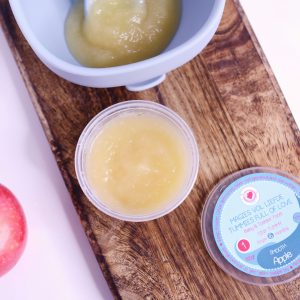By Lidia de Klerk-Venter RD(SA)
All is set for an amazing sunny day at the beach – you’re all dressed in your swimsuits, towels thrown over your shoulders, the sunscreen is packed, flipflops are on and the beach umbrella is pinned under dad’s arm. As the day progresses, you’ve been swimming in the sea and playing on the beach for some time. The warm coastal weather and the kiosk on the beach both call for a proper ice cold, creamy ice cream. Unfortunately, the ice cream is not nearly enough to fill hungry tummies when lunchtime approached. You saw that the kiosk is also selling hot dogs at a very reasonable price. Without delay, you make sure everyone gets fed with a hot dog and just because this won’t be enough for an active family on the beach, you order the family sized chips to go with it. Cold drinks get added without thinking about it twice. Your mommy heart is happy – no one is hungry and everyone enjoyed the nice food.
Does this scenario sound familiar? You may or may not be able to relate, but we all know how much easier it is to rather buy quick, accessible foods and drinks than to prepare some snacks for a holiday day away from home. A result of persistent altered eating patterns on holiday could easily result in constipation in your baby or toddler.
Constipation in babies and toddlers can be a situation that you’ve dealt with before with ease or could be something you absolutely dread. It can often occur after a period (often only a few days) of eating more refined and sugary foods and little fibre rich foods. It could also happen if a day’s diet and activities have been significantly altered, like when you’re travelling longer distances to a holiday destination. The stress of travelling, unfamiliar restrooms and disrupted potty habits also contribute to this.
A few tips to prevent constipation:
- Include fruit and vegetables in your child’s diet on a daily basis
- Offer these as part of meals and snacks
- Include a variety as much as possible (constant repetition limits the nutrients that your child gets exposed to and could also cause them to refuse it if it becomes monotonous). Different fruit and vegetables offer different benefits.
- Choose brown or whole wheat options instead of white, refined grains
- Refined starches move through the gut at a slower rate as they have lighter weight. Fibre/ roughage makes the stools heavier and easier to pass.
- Offer water and juices diluted with water most of the time and ensure your child is well hydrated.
- Sugary foods and drinks worsen constipation
- The function of your colon is to absorb excess water and electrolytes. If your body is dehydrated, it may lead to more water being reabsorbed and increase the likelihood of constipation.
- Offer high sugar and high fat foods only as special treats and not as habitual foods
- These foods are often high in calories and low in nutrients and have little to no fibre.
- Be patient with your child while potty training and avoid rushing or interrupting them.
Foods that aid in digestion and can prevent constipation
- Avocado
- Apricot
- Almond butter
- Beans
- Bell peppers
- Berries
- Broccoli
- Cherries
- Prunes
- Chia seeds
- Kiwi
- Flaxseed
- Paw paw
- Pears
- Peach
- Plums
- Watermelon
- Zucchini
Tips while travelling
- Have fibre rich snacks in the car.
- Limit breads, pastas and sugary cereals or snacks the day of and the day before travelling (especially if your child is prone to constipation).
- Offer water in their favourite bottle or sippy cup.
- If possible, go for short walks when stopping to rest to increase movement.
- Reassure your kids in the car and make the ride as fun as possible to ease anxiety when travelling.
- Encourage your child to use the toilet or potty at rest stops.
- Take your child’s habits into consideration when stopping for toilet breaks, e.g. how long after a meal they usually need a toilet break.
- Don’t rush them if they’re busy potty training.
- Talking to them during a toilet break may help to keep them calm.
Being mindful about what you feed your baby and toddler could significantly improve the rest you and your family gets this holiday season.
Happy Holidays!
Resources
Belinda Basarca. 2022. www.Pedia-lax.com. How to manage children’s constipation on the road.
Rachel Ruiz & Venus Kalami. 2022. www.solidstarts.com. 20 Foods to help baby poop!
